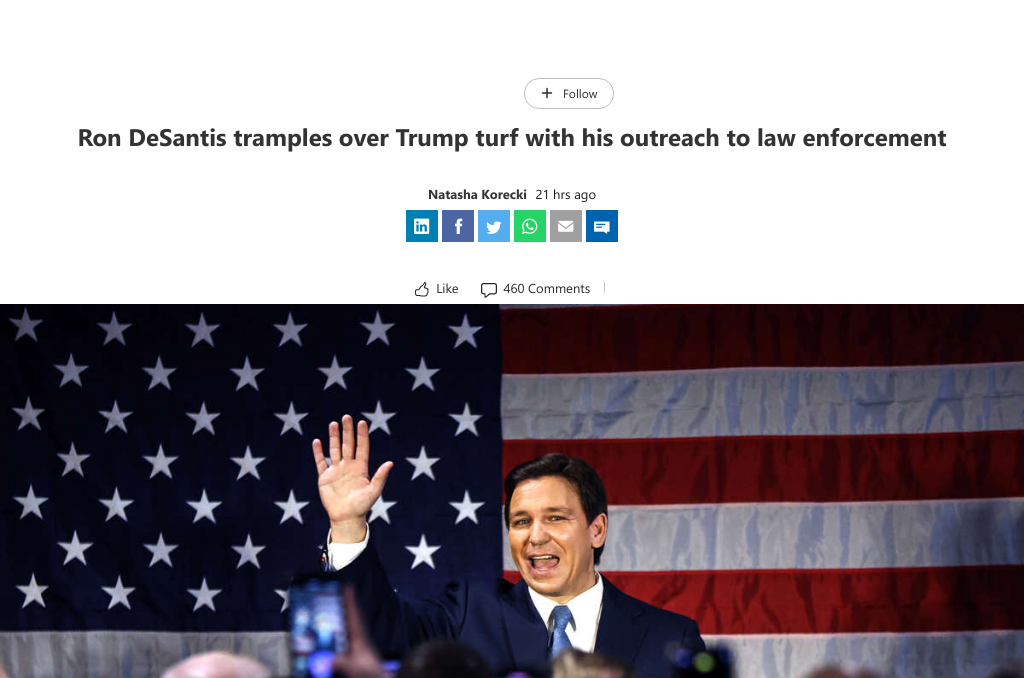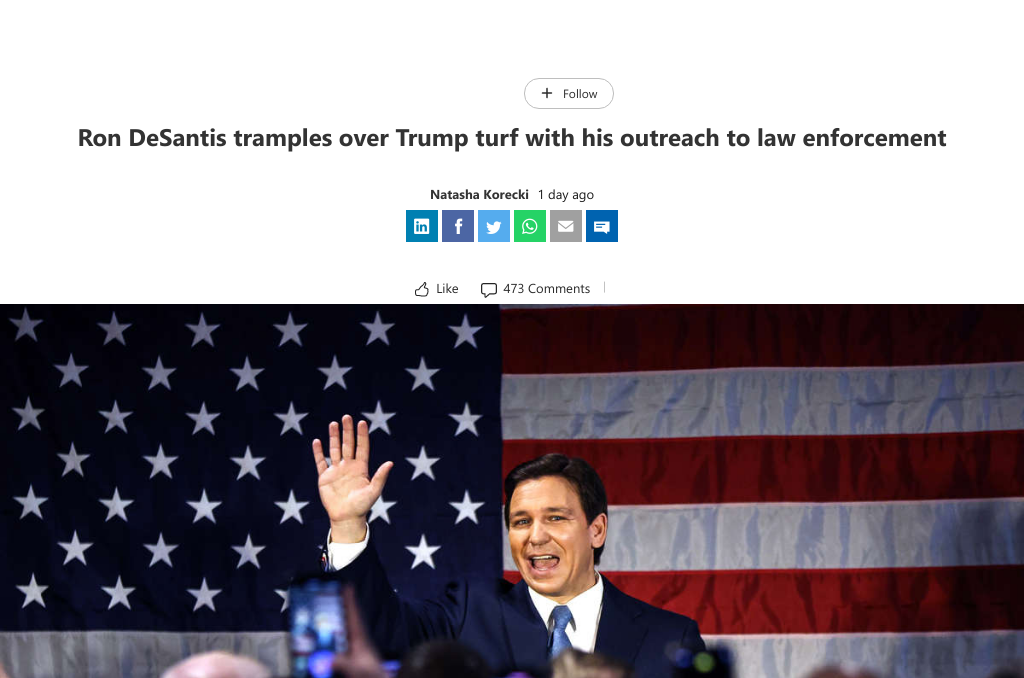Florida Governor Ron DeSantis made headlines recently when he expressed his support for eliminating multiple federal government agencies, including the Internal Revenue Service (IRS).[0] In an interview on Fox News, DeSantis stated that he would target the Department of Education, the Department of Commerce, and the Department of Energy in addition to the IRS. He argued that by eliminating these agencies, the size and scope of government could be reduced.
DeSantis emphasized that his goal is to push back against what he views as “woke ideology” and leftism infiltrating American institutions.[1] He stated that if Congress does not support his plans to abolish these agencies, he will instead use them to advance his political agenda.[2] This approach has raised concerns among critics who worry about the potential consequences of such actions.
One of the primary concerns is the impact on the country’s tax collection system if the IRS were to be eliminated. The IRS plays a crucial role in collecting taxes and ensuring compliance with tax laws.[2] Without it, there could be significant disruptions and challenges in managing the tax system. Additionally, eliminating the Department of Education raises concerns about the future of education policy and funding at the federal level. The Department of Commerce and the Department of Energy also have important roles in supporting economic growth and addressing energy-related challenges.
DeSantis also mentioned his desire to reverse policies related to transgender sports participation and curriculum in schools.[0] He expressed a commitment to protecting women’s sports and eliminating curriculum decisions that he believes inject divisive ideologies into education. However, critics argue that these statements may be seen as an attack on LGBTQ+ rights and an attempt to control educational content.
It is important to note that the power to establish or eliminate federal departments lies with Congress, not the president. DeSantis’ statements about using the agencies to advance his political aims may raise questions about the proper use of executive authority.
The debate over the role and size of government is not new, and it is common for politicians to propose changes to federal agencies. However, the extent to which DeSantis is advocating for the elimination of multiple agencies raises important questions about the potential consequences and feasibility of such actions.
As with any political proposal, it is essential to consider the potential benefits and drawbacks. Supporters of DeSantis argue that reducing the size of government can lead to greater efficiency and limited government interference. On the other hand, critics worry about the potential disruption and negative consequences that could arise from eliminating important agencies.
Ultimately, the fate of these federal agencies rests in the hands of Congress. Whether DeSantis’ proposals gain traction and support remains to be seen. The debate surrounding the role of government and the proper scope of federal agencies is likely to continue as politicians and citizens grapple with these complex issues.
0. “DeSantis Outlines Truly Wild Plan to Eliminate Federal Agencies” Yahoo Canada Sports, 29 Jun. 2023, https://ca.sports.yahoo.com/news/desantis-outlines-truly-wild-plan-014715196.html
1. “DeSantis says he would eliminate four federal agencies if elected president” Yahoo News, 29 Jun. 2023, https://news.yahoo.com/desantis-says-eliminate-four-federal-021545369.html
2. “DeSantis says if elected he would abolish education, energy and IRS departments to fight ‘woke ideology’” Yahoo Movies Canada, 29 Jun. 2023, https://ca.movies.yahoo.com/desantis-says-elected-abolish-education-000149862.html



